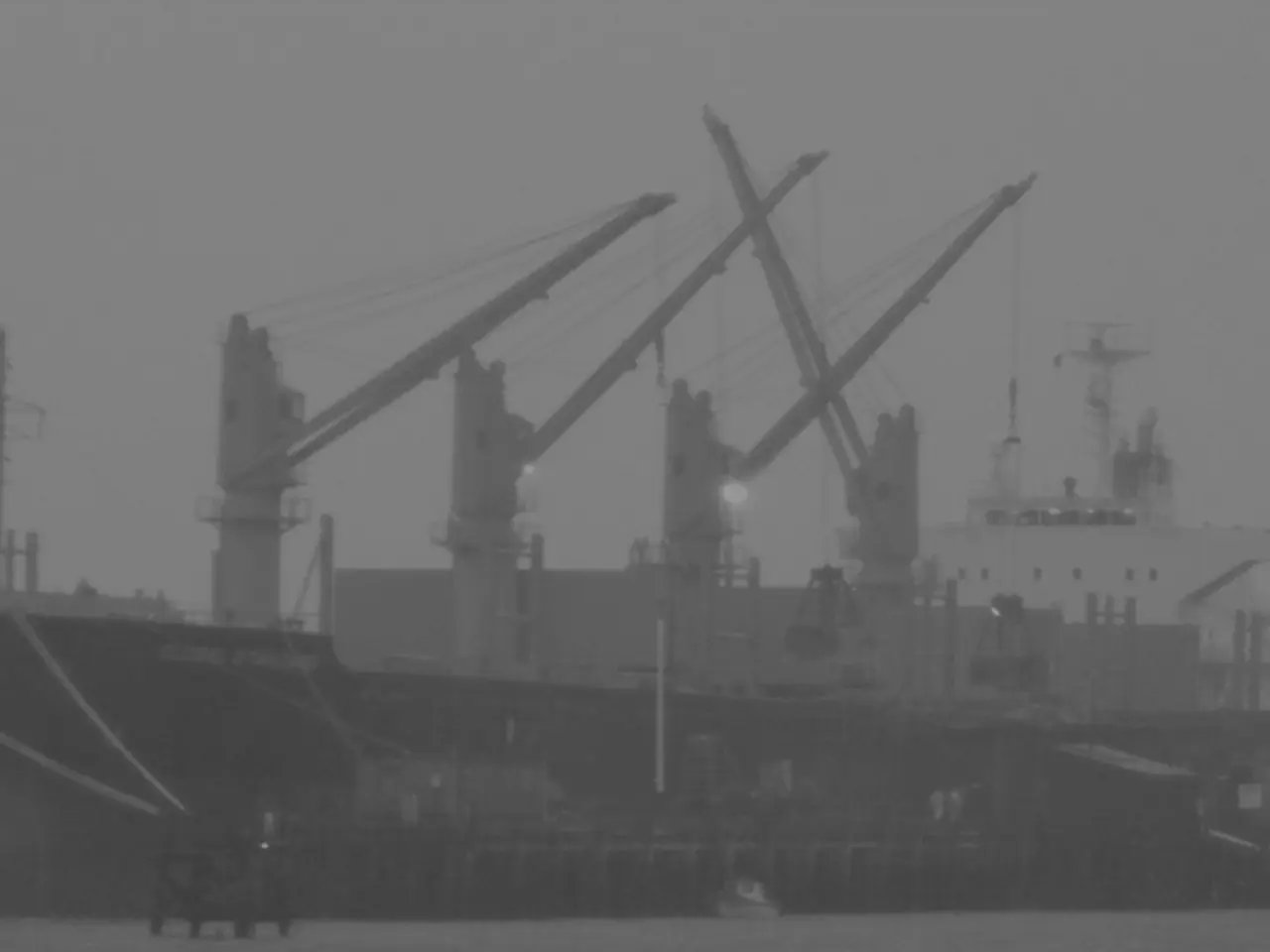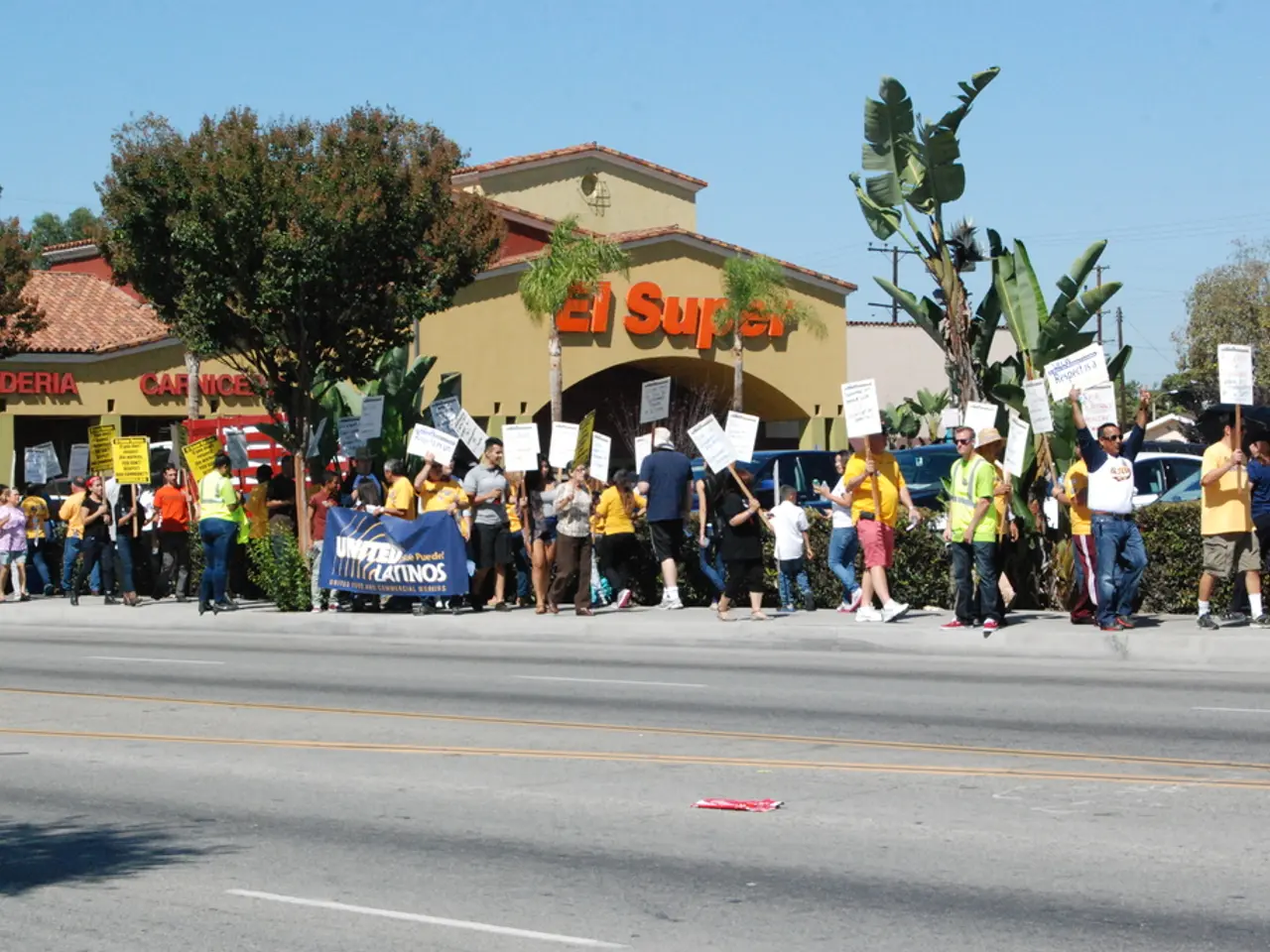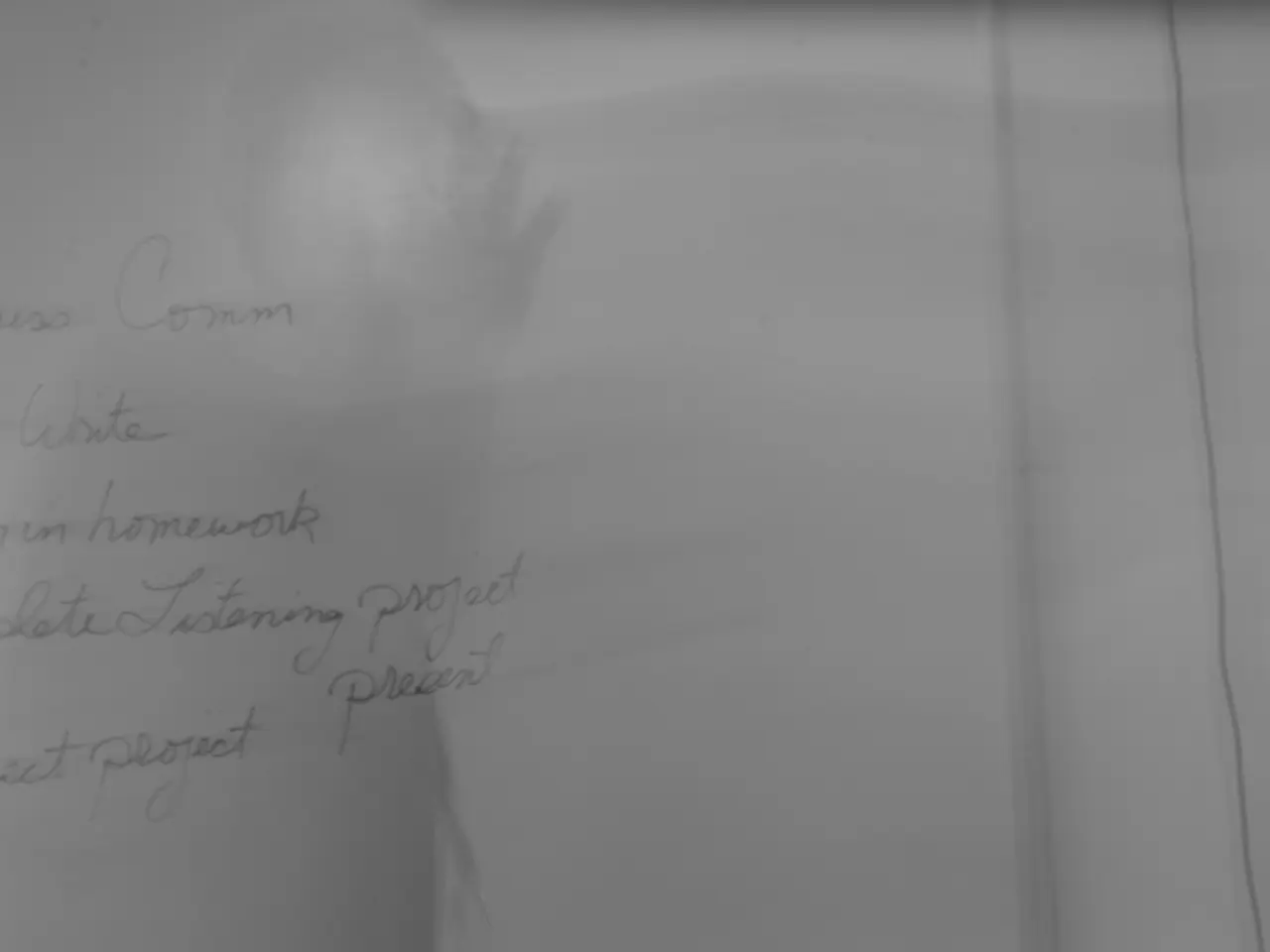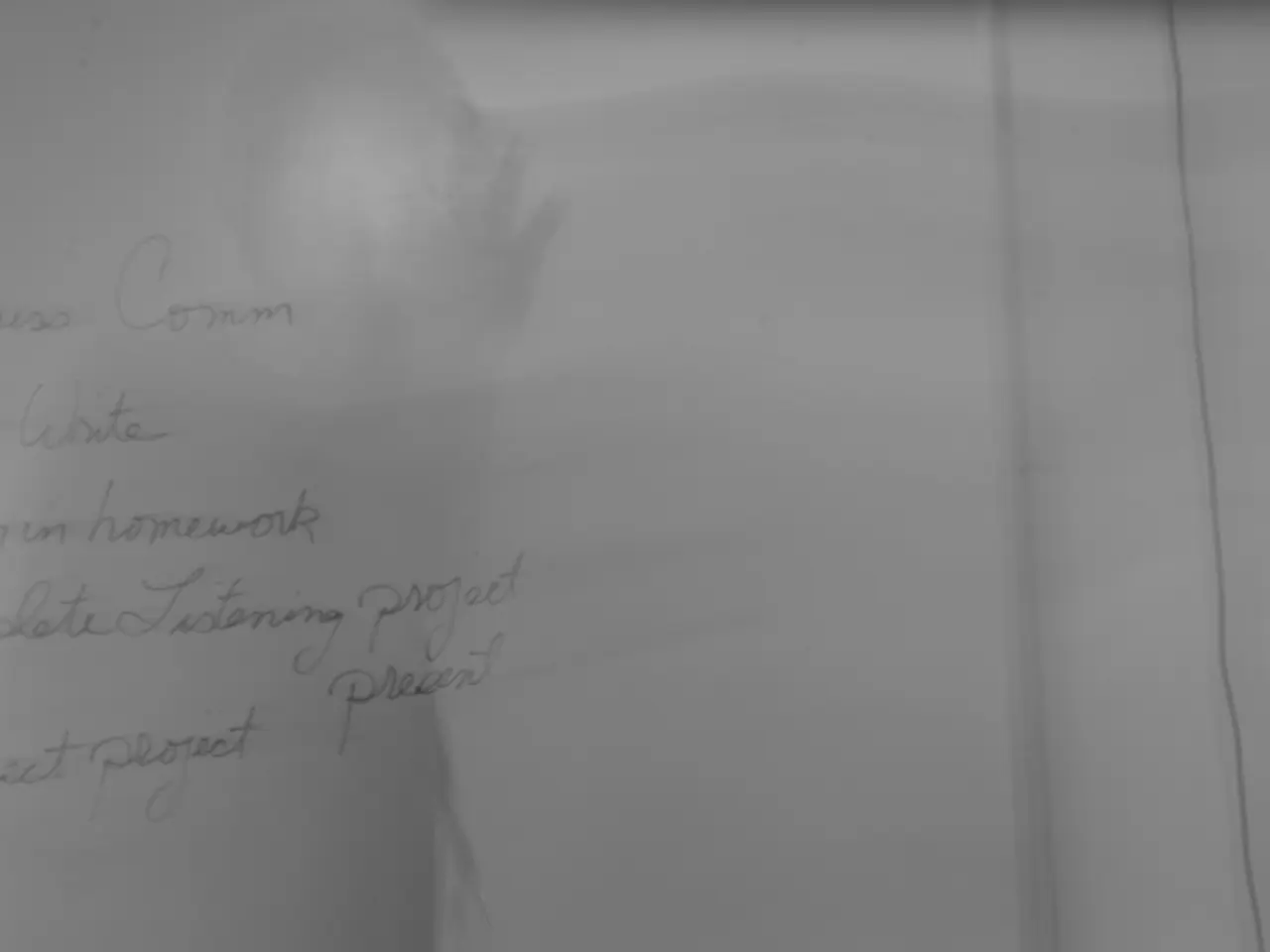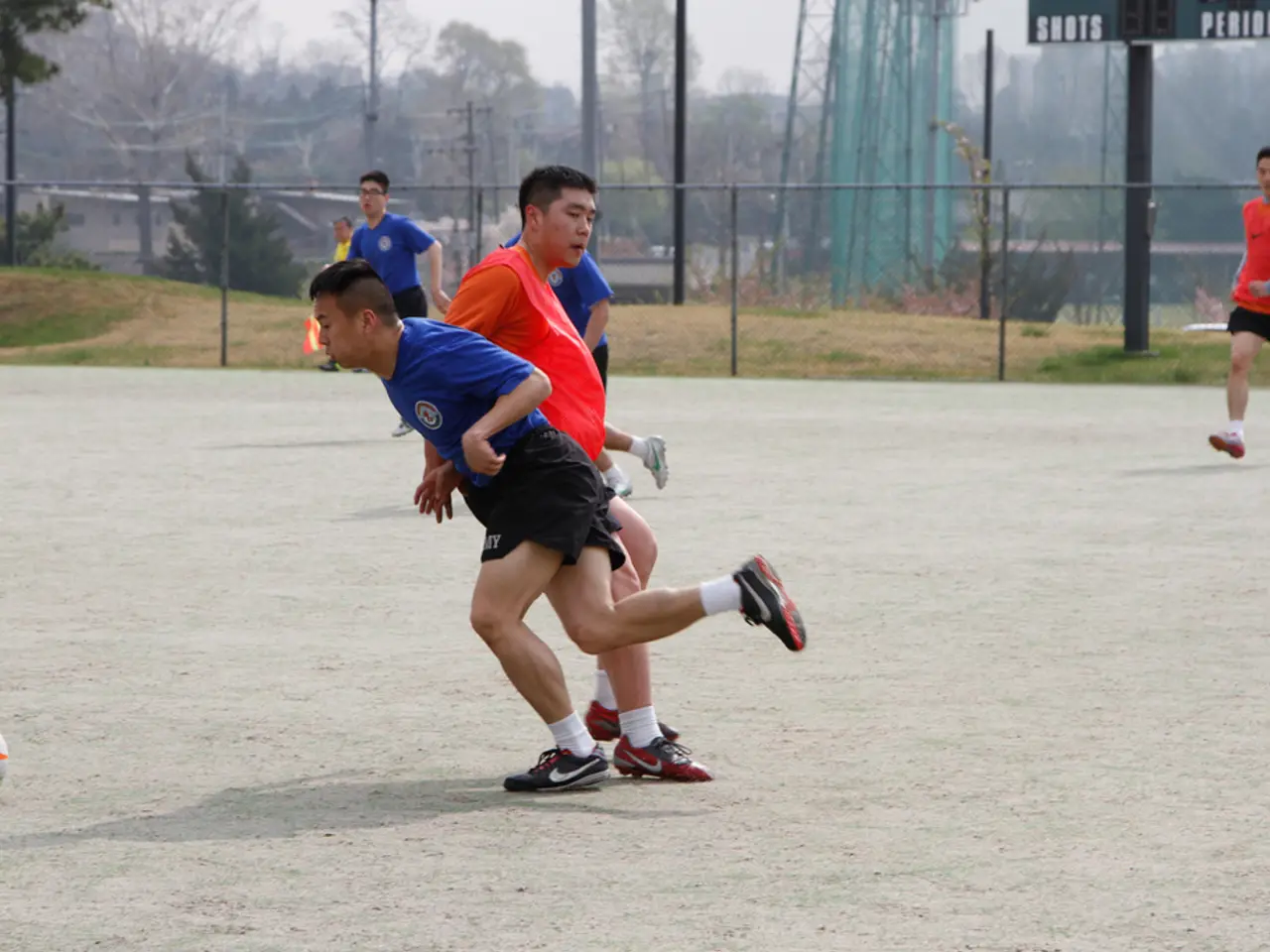Naval exercises begin between China and Russia
In a significant development, China and Russia have commenced joint naval patrols in the Pacific region following their recent "Joint Sea-2025" exercises in the Sea of Japan near Vladivostok.
The joint flotilla began its sixth Pacific patrol on August 6, 2025, immediately after completing combat drills that included anti-submarine, live-fire, air and anti-ship defense, and submarine rescue operations. The "Joint Sea-2025" exercise featured realistic combat scenarios and joint maneuvers, with forces from both countries exchanging real-time information on hydrography, weather, and surveillance.
The Chinese destroyer Shaoxing participated in its first overseas exercise, transiting through the Tsushima Strait into the Sea of Japan during the drills. This patrol and exercise series is part of an annual cooperation plan between the Chinese and Russian militaries and is officially stated to not target any third party or relate to current international situations.
The joint patrol represents continuing military coordination between China and Russia in the Pacific following these large-scale naval drills. The strengthening alliance between the two nations has been evident since Russia's invasion of Ukraine, with their partnership deepening and growing "doctrinal convergence" reported.
Meanwhile, the European Union has seen an almost tenfold annual increase in reported cases of measles, with more than 35,000 cases in 2024. This surge is attributed to vaccine skepticism, with the lowest rates among ethnic minorities. In contrast, measles - once on the verge of being defeated globally - is surging again.
Elsewhere, US President Donald Trump has threatened 50% tariffs on Brazilian imports over what he says is a "witch hunt" against former President Jair Bolsonaro, who is currently under house arrest ahead of his trial over an alleged coup plot.
In other economic news, BP is set to report second-quarter earnings, facing pressure to show progress on a turnaround plan announced earlier this year, which pulled the plug on BP's 2020 pledge to become a net-zero energy company.
The global production of plastic is set to triple by 2060, causing more than $1.5 trillion in health-related economic losses each year. Negotiations over a global treaty to curb plastic pollution are resuming, but opposition from the US and other oil-producing states has dimmed hopes for success.
In London, just 73% of five-year-olds are vaccinated, a concerning figure given the resurgence of measles and other preventable diseases. The Trump administration wants to limit the treaty to waste management, while petrostates such as Saudi Arabia and Russia want voluntary measures rather than binding caps.
In a move that could impact international markets, US President Donald Trump's latest tariff hikes have injected fresh uncertainty. The tariffs, aimed at curbing plastic pollution, could potentially disrupt global trade and impact economies worldwide.
In geopolitical news, the change in China's foreign policy is evident with Chinese authorities limiting state employees' overseas travel as part of a larger effort to tighten control over government workers. This move comes amid a broader expansion of defense spending worldwide.
Canada has had more cases of measles than the entire US this year, a stark contrast in vaccination rates between the two countries. The crossing from the Horn of Africa to Yemen has become one of the world's "busiest and most perilous," with dozens of African migrants dying after a boat carrying around 150 people capsized off the coast of Yemen.
In the Middle East, US and Israeli officials backed a new plan to end the war in Gaza through one agreement rather than piecemeal truces, as talks with Hamas stall. The Trump administration wants to limit the treaty to waste management, while petrostates such as Saudi Arabia and Russia want voluntary measures rather than binding caps.
In Brazil, former President Jair Bolsonaro is accused of having plotted to kill his successor. This accusation adds to the ongoing political turmoil in the country.
In a surprising turn of events, members of the oil producers' group OPEC+ agreed to raise production as concerns grow over possible disruptions to Russian supply. This decision could potentially stabilize global oil markets, but it remains to be seen how it will impact the ongoing negotiations over the global plastic treaty.
References: 1. https://www.reuters.com/world/china/china-russia-naval-exercises-pacific-2025-2021-08-06/ 2. https://www.reuters.com/world/china/china-russia-naval-exercises-pacific-2025-2021-08-06/ 3. https://www.nytimes.com/2021/08/06/world/asia/china-russia-naval-exercises.html 4. https://www.bbc.com/news/world-asia-china-58066474 5. https://www.reuters.com/world/china/china-russia-naval-exercises-pacific-2025-2021-08-06/
- The joint naval patrols in the Pacific region by China and Russia, as seen in their recent exercises, are a reflection of their growing political alignment and could have significant implications in the broader context of war-and-conflicts and general-news.
- The strengthening alliance between China and Russia, evident in their joint military exercises and ongoing patrols, raises questions about the future of global politics, especially as it pertains to war-and-conflicts and the balance of power.
